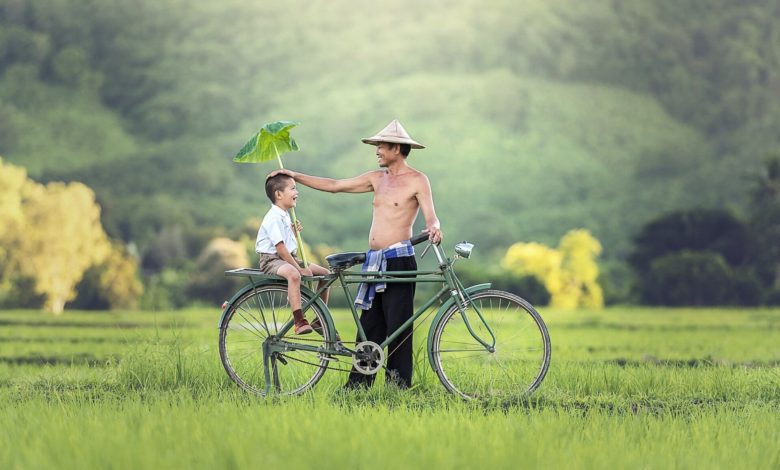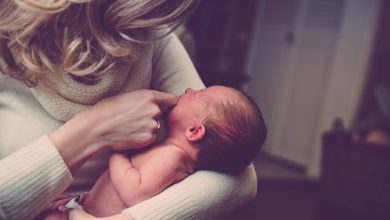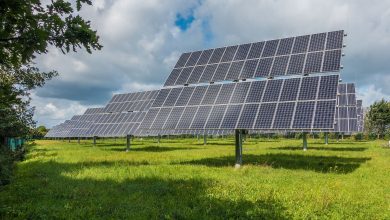Advice For Green Parenting

The development of an environmentally friendly individual starts at a young age. A child who has been instilled with a love for nature by his parents probably continues to maintain this positive attitude when he grows up. And it helps to raise awareness of those around. The attitudes of mothers who spend the most time with their children on this issue play an important role in bringing these positive habits to the child. Here are a parent’s advice on raising environmentally friendly children from the moment of pregnancy:
Eco-Friendly Pregnancy
Pregnancy is a great time to adopt earth-friendly behavior. Non-toxic household cleaners, paints, and pesticides should be chosen to limit unnecessary chemical exposure. Many non-toxic products are plant-based or labeled safe for home use. Animal studies show that high levels of exposure to pesticides may contribute to miscarriages and low birth weight. When buying green leafy vegetables, thin-skinned fruits such as peaches and strawberries, care should be taken to buy organic products. Some cosmetic products contain harmful substances and alternatives should be asked from the doctor.
Creating a Non-Toxic Space
Furniture, paint, and carpet may contain volatile organic compounds (VOCs). VOCs are chemicals that can cause high levels of headache, nausea, and even organ damage when exposed for a long time. VOC levels indoors are on average two to five times higher than outdoors. To limit VOCs in the nursery, solid wood furniture with a low wood surface should be sought and found. Paint materials with low or non-VOC labels should be used. With their use, the temperature and humidity should be kept low by increasing the ventilation. Because warmer, more humid environments encourage more VOC release.
Use of Disposable Diapers and Wipes
A large amount of water and energy is required to clean continuously used diapers, even if disposable diapers fill the storage areas. In addition, when it comes to hygiene, it is not a guarantee as it is for disposable ones. Consider using a high efficiency washing machine to save water and energy. Disposable items are more suitable for many parents. Some varieties are made without bleach, while others can be washed or turned into compost.
Breastfeeding and Bottle Feeding
No packaging is used in breastfeeding, it does not generate waste and there is no need for preparation. Therefore, breastfeeding is an environmentally friendly option for feeding a baby, with endless benefits for the baby. Because some substances can pass through breast milk, exposure to chemicals such as lead, mercury and cigarette smoke should be limited. Some women should not breastfeed because of medical conditions or the use of certain medications.
Baby Food and Solid Foods
Making baby food is as easy as preparing or mixing fruits and vegetables. Homemade foods make it easier to avoid excessive salt, sugar, and preservatives. Children can be particularly sensitive to pesticides. Some foods tend to have more pesticide residues, including fruits that are children’s favorites such as apples, peaches, and pears. Therefore, try to buy organic versions of these foods whenever possible. As children get older, all processed foods should be avoided.
Restricting Bath Time
Bathing babies several times a week should save water and energy. Also, bathing frequently and using scented products can dry your skin. PVC shower curtains often contain VOCs, so prefer fabric-made ones. Many plastics, shampoos, lotions, and powders even those made for babies contain phthalates, chemicals linked to a variety of health problems. Choose products that do not contain phthalates or contain added perfumes.
Reducing Recycling
Some needs can be met at second-hand markets or online sites. By asking other parents around for the material they need, they avoid unnecessary expenses and prevent the production of a new one by using a plastic tool over and over. It can be considered second-hand, especially for products that have not been used for a long time, such as strollers, highchairs, books, clothes, strollers. While buying these, it is necessary to avoid using breast pumps that do not meet the safety standards that may exist, or used car seats that could be endangered during an accident. The manufacturer should be contacted for safety information before selecting a used bedding set.
Environmentally Friendly Cleaning Products Should Be Used
Household cleaning products may contain harsh chemicals that are dangerous to young children. Use non-toxic cleaning agents or homemade solutions containing vinegar, baking soda, or lemon juice. Since children accumulate a lot of dirty laundry, soft detergents should be chosen that are easy for soft skin and environment.
Plastic Toys Should Be Chosen Carefully
There is a lot of controversy over the safety of some plastic toys. Because chemicals and some plastic containers in plastic toys can be harmful. It is difficult to say which plastics contain BPA. When choosing, those marked with 1, 2, 4 or 5 should be chosen, and those marked with 3, 6 or 7 should be avoided. It is preferable to use glass bottles and glass food storage containers. Cloth toys or wooden blocks for babies can be a good alternative to plastic toys.
Parents Should Be a Good Example
Children instantly write down everything they see and hear. Parents should show their children how to take care of the environment by conserving resources. It should be taught to turn off the lights, reduce mileage and avoid waste in all matters. It should be emphasized that they should love and protect nature by doing nature walks in the park. If children have a sense of curiosity about the natural world, they grow up understanding its importance.





